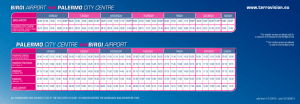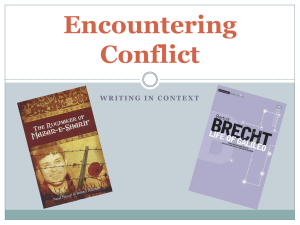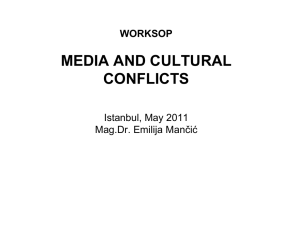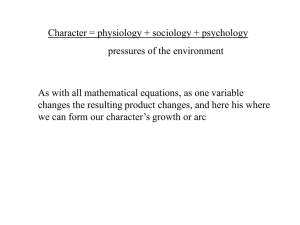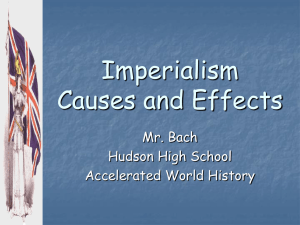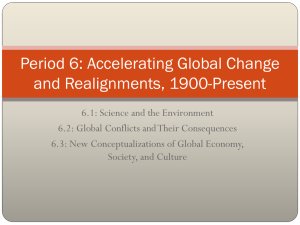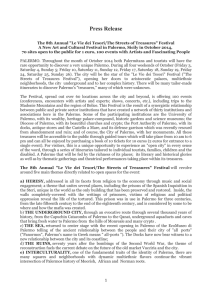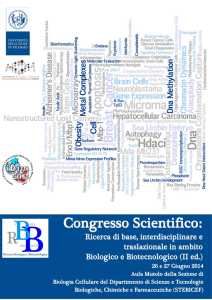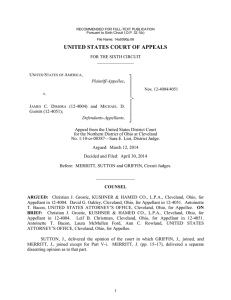Planning controversies and local conflicts in urban
advertisement
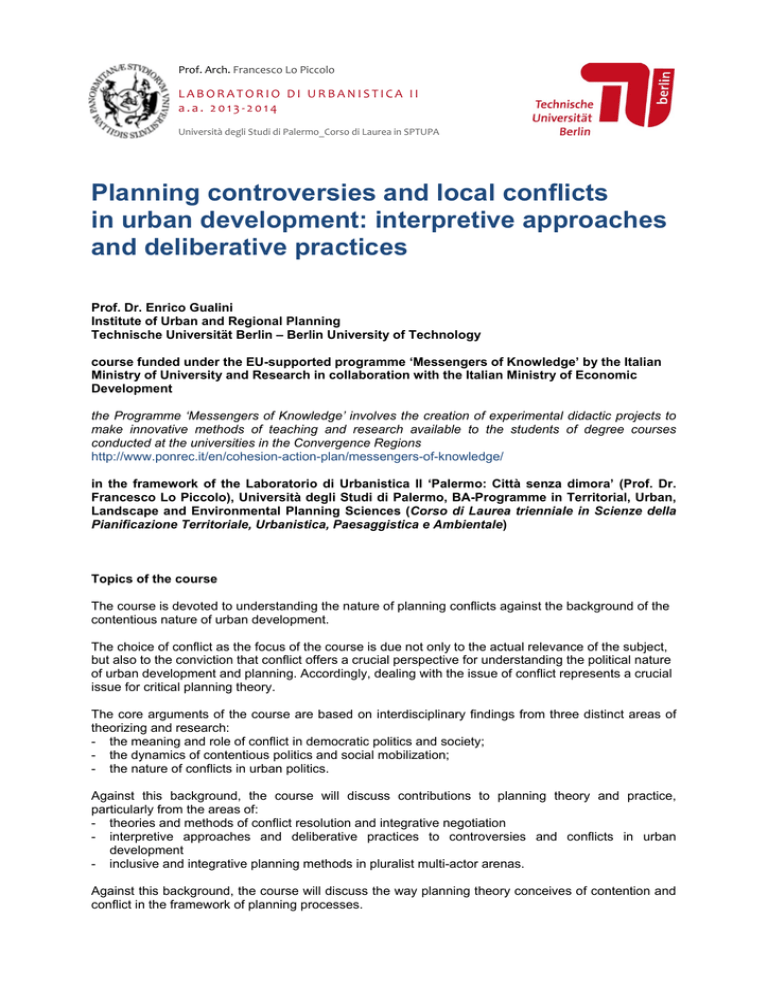
Prof. Arch. Francesco Lo Piccolo LABORATORIO DI URBANISTICA II a.a. 2013‐2014 Università degli Studi di Palermo_Corso di Laurea in SPTUPA Planning controversies and local conflicts in urban development: interpretive approaches and deliberative practices Prof. Dr. Enrico Gualini Institute of Urban and Regional Planning Technische Universität Berlin – Berlin University of Technology course funded under the EU-supported programme ‘Messengers of Knowledge’ by the Italian Ministry of University and Research in collaboration with the Italian Ministry of Economic Development the Programme ‘Messengers of Knowledge’ involves the creation of experimental didactic projects to make innovative methods of teaching and research available to the students of degree courses conducted at the universities in the Convergence Regions http://www.ponrec.it/en/cohesion-action-plan/messengers-of-knowledge/ in the framework of the Laboratorio di Urbanistica II ‘Palermo: Città senza dimora’ (Prof. Dr. Francesco Lo Piccolo), Università degli Studi di Palermo, BA-Programme in Territorial, Urban, Landscape and Environmental Planning Sciences (Corso di Laurea trienniale in Scienze della Pianificazione Territoriale, Urbanistica, Paesaggistica e Ambientale) Topics of the course The course is devoted to understanding the nature of planning conflicts against the background of the contentious nature of urban development. The choice of conflict as the focus of the course is due not only to the actual relevance of the subject, but also to the conviction that conflict offers a crucial perspective for understanding the political nature of urban development and planning. Accordingly, dealing with the issue of conflict represents a crucial issue for critical planning theory. The core arguments of the course are based on interdisciplinary findings from three distinct areas of theorizing and research: - the meaning and role of conflict in democratic politics and society; - the dynamics of contentious politics and social mobilization; - the nature of conflicts in urban politics. Against this background, the course will discuss contributions to planning theory and practice, particularly from the areas of: - theories and methods of conflict resolution and integrative negotiation - interpretive approaches and deliberative practices to controversies and conflicts in urban development - inclusive and integrative planning methods in pluralist multi-actor arenas. Against this background, the course will discuss the way planning theory conceives of contention and conflict in the framework of planning processes. The course is fully integrated in the Laboratorio di Urbanistica II ‘Palermo: Città senza dimora’ (Prof. Dr. Francesco Lo Piccolo, with Arch. Annalisa Giampino and Arch. Vincenzo Todaro) which deals with the ‘new urban question’ in Palermo. The course will contribute both by outlining the (actually or potentially) contentious nature of urban development processes and by discussing interpretive and deliberative approaches to dealing with controversies and conflicts in urban development. This will in particular support the practical activities developed in form of participatory workshops in the framework of the Laboratorio di Urbanistica II. Structure of the course The course consists of: - lectures devoted to introducing the themes of the course: they will focus in particular on an overview and on a critical review of approaches to analyzing and understanding controversies and conflicts in urban development, with a focus on contributions from interpretive policy analysis and on their reception within planning theory; selected case-studies and previous research experiences will also be presented; - colloquia and seminar activities will be dedicated to the discussion of selected literature on planning conflicts and to the selection of approaches to be adopted in the participatory workshop; - organization and conduct of a participatory workshop which will take place in coordination with the activities of the Laboratorio di Urbanistica II; - tutorials will be moreover dedicated to the discussion of follow-up work by students during their study abroad period at TU Berlin. The course language is Italian. However, reading English texts is required; materials used in support of the course may also be in English language. Suggested readings Bobbio, L. (ed.) (2004), A più voci. Amministrazioni pubbliche, imprese, associazioni e cittadini nei processi decisionali inclusivi. Roma: Presidenza del Consiglio dei Ministri, Dipartimento della Funzione Pubblica / Napoli: Edizioni Scientifiche Italiane. (available as PDF) Fischer, F. (2003), Reframing Public Policy: Discursive Politics and Deliberative Practices. Oxford: Oxford UP. Moini, G. (2013), Interpretare l’azione pubblica. Roma: Carocci Editore. Nicholls, W., Miller, B. and Beaumont, J. (eds) (2014), Spaces of Contention. Aldershot: Ashgate. Tilly, C. and Tarrow, S. (2006), Contentious Politics. Boulder CO and London: Paradigm. additional readings provided in PDF format (for use in the course only): from: Gualini, E. (ed.) (forthc.): Planning/Conflict: Critical Perspectives on Contentious Urban Developments [working title]. London: Routledge: Durnová, A., Planning through Emotions: Political Lessons from the Controversy between ‘Fat Cats’ and ‘Stupid Activists’ over Re-building Brno Railway Station Leffers, D., Conflict in the Face of Planning? Power, Knowledge, and Hegemony in Planning Practice Mössner S. and Romero, L., What Makes a Protest (Not) Happen? The Fragmented Landscape of Post-Political Conflict Culture Pucci, P., Large Infrastructures and Conflicts: Searching for ‘Boundary Objects’. Reflections from an Italian Experience Verloo, N., Develop Stories, Develop Communities: Narrative Practice to Analyse and Engage in Urban Conflict Contact Prof. Dr. Enrico Gualini Chair of Planning Theory and Urban-Regional Policy Analysis ISR – Institute of Urban and Regional Planning Technische Universität Berlin, Hardenbergstr. 40a, D - 10623 Berlin e.gualini@isr.tu-berlin.de http://www.planningtheory.tu-berlin.de ph. no. during the course: +49 157 84960069

